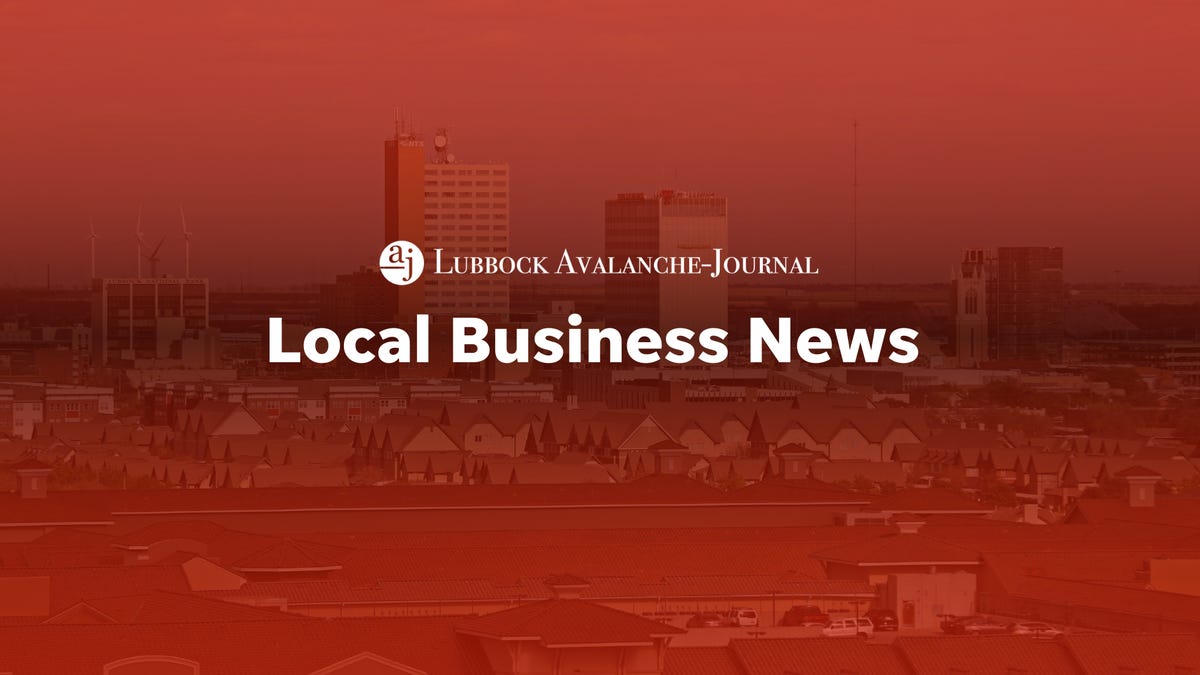Jobs
Emma’s Torch: Training Refugees For Restaurant Jobs

Emma’s Torch runs 3 cafes: 2 in Brooklyn and 1 in Washington, D.C. to give its refugees real-life … [+]
Since its inception in 2016, Emma’s Torch, a non-profit culinary training center based in Brooklyn, N.Y. that prepares refugees or survivors of forced migration or human trafficking, for jobs in the restaurant industry, has helped over 400 people gain jobs. As part of its training, it operates 3 Emma’s Torch Cafes in Carroll Gardens in Brooklyn, the Brooklyn Public Library and in Washington, D.C. that opened in early 2024.
Most of its graduates secure jobs in restaurants as prep cooks, line cooks, bakers or baristas, explains founder, 34-year-old Kerry Brodie, who is based in Washington, D.C. Since many trainees aren’t fluent in English, part of the training involves taking English classes to become more proficient in the language.
The training lasts 11 weeks and during it, students earn full-time wages, whether they’re in English class or working in the cafes. Currently the program graduates 150 students a year. And students are paid minimum wage of $640 a week during training or about $7000 for the entire training.
“The training is informed by our employment partners ensuring that our students can begin new careers,” Brodie explained.
A non-profit Emma’s Torch that teaches refugees restaurant skills is helping the industry and solving some problems for refugees to make it easier to adjust to life in the U.S.
The origin of launching Emma’s Torch began when Brodie was working in Washington, D.C. and volunteering at a homeless shelter. During her time there, she recognized that “food can connect us and provide us with a common language to build community.”
Struck by the plight of homeless people, Brodie entered the Institute of Culinary Education, after graduating from Princeton University and majoring in Middle Eastern studies, to learn the restaurant business. She served an externship in the bakery at Lafayette restaurant that helped prepare her for a role in helping refugees obtain jobs in the restaurant industry.
Emma’s Torch, Brodie reports, uses a “network of referral partner organizations who refer their clients to us, and also word of mouth.”
The 11-week training program revolves around teaching cooking skills including basic knife skills and culinary techniques, as well as customer service classes and learning point of sales systems. But Brodie emphasizes that even if they haven’t mastered the English language students can learn cooking from “video demonstrations and practice.”
After the sixth week of training, students work in an actual Emma Torch Café where they learn more about reading recipes, working in the business, and dealing with customers. The café experience, Brodie points out, “allows them to apply everything they’ve learned in the classroom, doing it in real terms in front of customers while gaining feedback.”
Its cafes are open from 8 a. m. to 5 p.m. and serve an assortment of items, including breakfast wraps, pastrami wraps, and eggs and home fries, avocado toast and crispy chicken sandwiches. It also caters events. The cafes are non-profit, so revenue flows back into Emma’s Torch. Prices are competitive with most local eateries.
Upon graduation, students have mastered “the fundamentals of cooking and what it takes to work in a U.S. kitchen,” cites Brodie.
Inspired by Emma Lazarus, a poet and writer and supporter of immigrants whose poem is included on the Statue of Liberty, she named the non-profit Emma’s Torch. It has an annual budget of $4.5 million. Students hail from a plethora of countries including Haiti, Venezuela, Afghanistan, Russia, Ukraine and too many to enumerate. Brodie says she spends about 50% of her time on fund raising.
Once students graduate, Emma’s Torch taps a variety of restaurant employment agencies that help them secure jobs. It has a 90% plus employment rate.
The Marlow Collective, a Brooklyn-based restaurant group, has hired staff trained by Emma’s Torch at several of its eateries including Marlow and Sons, Roman’s and Achilles Hell, says Elizabeth Murray, its director of operations. She says “their graduates are a good fit for all of our businesses.” They’ve hired about six graduates since 2020.
Most start at entry-level cooking and baking positions. Murray explains that Emma’s Torch graduates “come to us with strong job preparedness, communication skills and basic skills for intermediate cooking skills.” Once hired, its managers work with them “coaching, teaching and training them as they progress,” she adds.
Immigrants and refugees have come under constant scrutiny in the U.S., but Brodie says it is “helping to remove barriers for the newest members of our community. We’re solving a problem for them, and we’re bringing more flavors into our restaurants,” she explains.
In 2025, Emma’s Torch is expanding. It’s opening a new catering facility in the Inwood section of upper Manhattan, a collaboration called Eliza, with Children‘s Village, a non-profit that supports families with housing. It will be helping 200 students in 2025, a 33% jump from previous years.
Brodie derives joy from running Emma’s Torch, which will be closing in on a decade’s work. “Watching our students go on and achieve their career goals, watching how proud they are, excites me,” she admits. And it all stemmed from a volunteering assignment at a homeless shelter after college.








